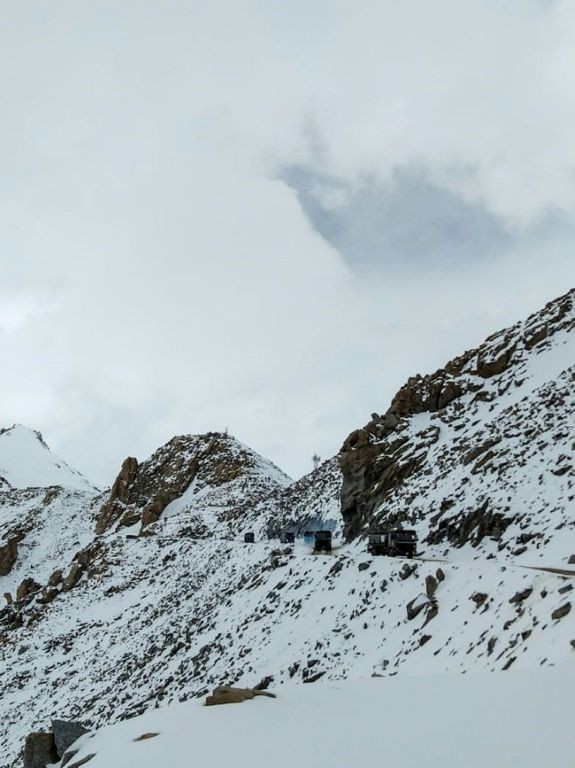Amid Tension With China, India Urgently Buys Winter War Gear From US
KEY POINTS
- Ties between the Asian countries tense since June 14 duel along the border
- India has pact with US to buy fuel, spare parts for warships, aircraft
- India earlier bought winter gear for its defence personnel from Europe, China
India has urgently bought high-altitude warfare kits from the United States, in a sign that the faceoff with China would stretch into the winter on the cold and hostile mountains that separate the Asian countries.
Military tension along the Himalayan region boiled over on June 14 when Chinese and Indian troops fought with clubs and stones in the Galwan Valley, killing dozens of soldiers on either side. Last month, Indian Foreign Minister Subrahmanyam Jaishankar and his Chinese counterpart, Wang Yi, pledged to reduce tensions along the 3,488-kilometer (2,167-mile) boundary known as the Line of Actual Control.
The neighbors have moved thousands of troops, tanks and missiles to the disputed Himalayan border, while fighter jets are on stand-by. The troops face off at 15,000 feet, with temperatures dropping to -30 Celsius (-22 Fahrenheit).
The Indian Army has a logistical assistance pact with the U.S. Army, include buying fuel and spare parts for warships and aircraft, reported Bloomberg, quoting Indian officers familiar with the deal.
Indian Army did not comment on the purchase of warfare kits, but confirmed the visit of one of its top generals to the U.S, according to Bloomberg. India had earlier sourced high-altitude kits for its defense forces mainly from Europe and China.
India is developing infrastructure at borders to facilitate landing and take-off of aircraft as ties with both China and Pakistan remain tense. The Indian Air Force (IAF), the Border Roads Organisation (BRO) and the ministry of road transport and highways are on the job.

© Copyright IBTimes 2024. All rights reserved.



















